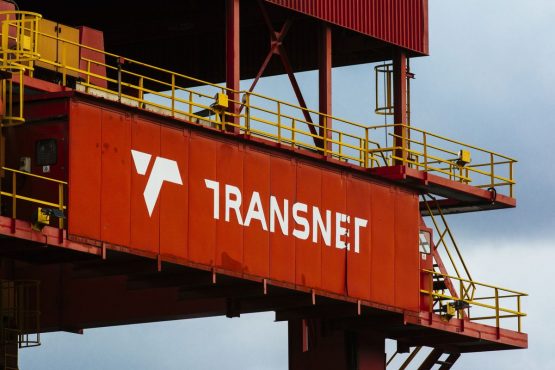TRANSNET workers affiliated with the United National Transport Union (UNTU) have embarked on a strike, potentially harming South Africa’s export sector and an already fragile economy.
UNTU and its members have rejected Transnet’s wage offer of a 1.5% pay increase, saying that the offer must be aligned with the rising cost of living and current inflation.
Annual inflation in South Africa is currently 7.6%.
The union added that the wage offer was an insult and demanded an increase of between 12% and 13%.
Transnet said its offer to labour unions of a 1.5% pay increase and a once-off payment of R10,000 before tax is reasonable as it considers the company’s “financial and operational challenges.”
“Transnet has consistently made the point that its wage bill currently makes up over 66% of monthly operating costs,” the company said in a statement.
“This is not sustainable, particularly given the current operational and financial performance.”
Transnet says it has already implemented additional safety measures to protect non-striking employees and its facilities in preparations for mass industrial action planned by unions over the next few days.
The South African Transport and Allied Workers Union (SATAWU) said it will be joined the strike on Monday (10 October) and will be sending a 48-hour notice to Transnet by the end of the day on Wednesday.
Transnet’s rail and port facilities are critical to South African exports of bulk commodities such as coal, iron ore, chrome and manganese.
However, over the last couple of years, South Africa’s railroad network is increasingly being hit by vandalism, sabotage and a shortage of locomotives.
These challenges have meant that Transnet has been struggling to deliver coal from mines concentrated in Mpumalanga province to the continent’s most extensive export facility, Richards Bay Coal Terminal (RBCT).
According to Bloomberg, RBCT increased its capacity to 91 million tons a year, but rail bottlenecks have decreased its annual exports significantly since 2017.
Producers, including Thungela Resources and Exxaro Resources, are already unable to exploit the full potential offered by a surge in global demand for coal burned at power plants because of the challenges faced by Transnet – and the union strike will only deepen the inconsistent and poor rail performance.
Transnet’s deteriorating infrastructure, coupled with the coming strike action, will likely harm South Africa’s mining industry and an already fragile economy.
According to Stats SA, 28% of South African coal production is exported, and in 2021 South Africa’s shipments of mineral fuels, including oil, posted the third-fastest gain in value, up by 49.51% year-on-year, generating $10.3 billion (R183 billion).
South Africa’s exports are already under pressure, with the South African Revenue Service’s (SARS) trade statistics for August 2022 showing the country’s trade balance surplus slipping to R7.18 billion – far lower than expectations of R24 billion.
The outlook for trade in the coming months is bearish, with the banking sector noting that various local developments are weighing down South Africa’s prospects – load shedding being the biggest blight.
Transnet says it has applied to the CCMA to convene conciliation discussions over wage negotiations.
The unions say that they will continue to strike if the state-owned freight company doesn’t bring something more meaningful to the table.



